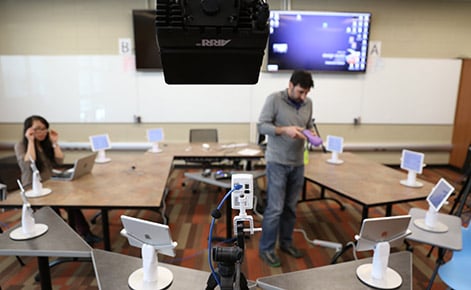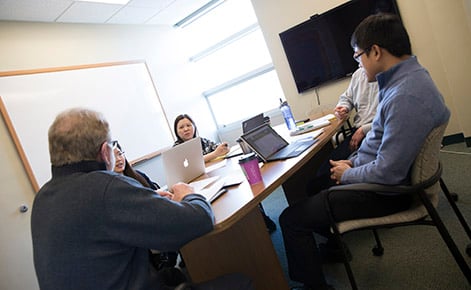The Department of Counseling, Educational Psychology, and Special Education (CEPSE) at Michigan State University is committed to the study of human learning and development across the life span. CEPSE faculty and students bring an important array of conceptual, technical and therapeutic perspectives to the study of learning in a wide variety of contexts.
Find Your Learning Path
The five program areas in CEPSE each offer different levels and modes of study within the field, including graduate certificates, hybrid and online only programs, but there are many opportunities to learn and collaborate across disciplines.









